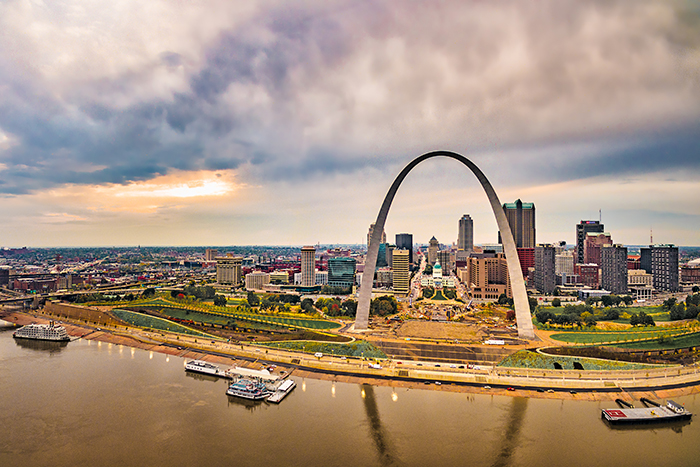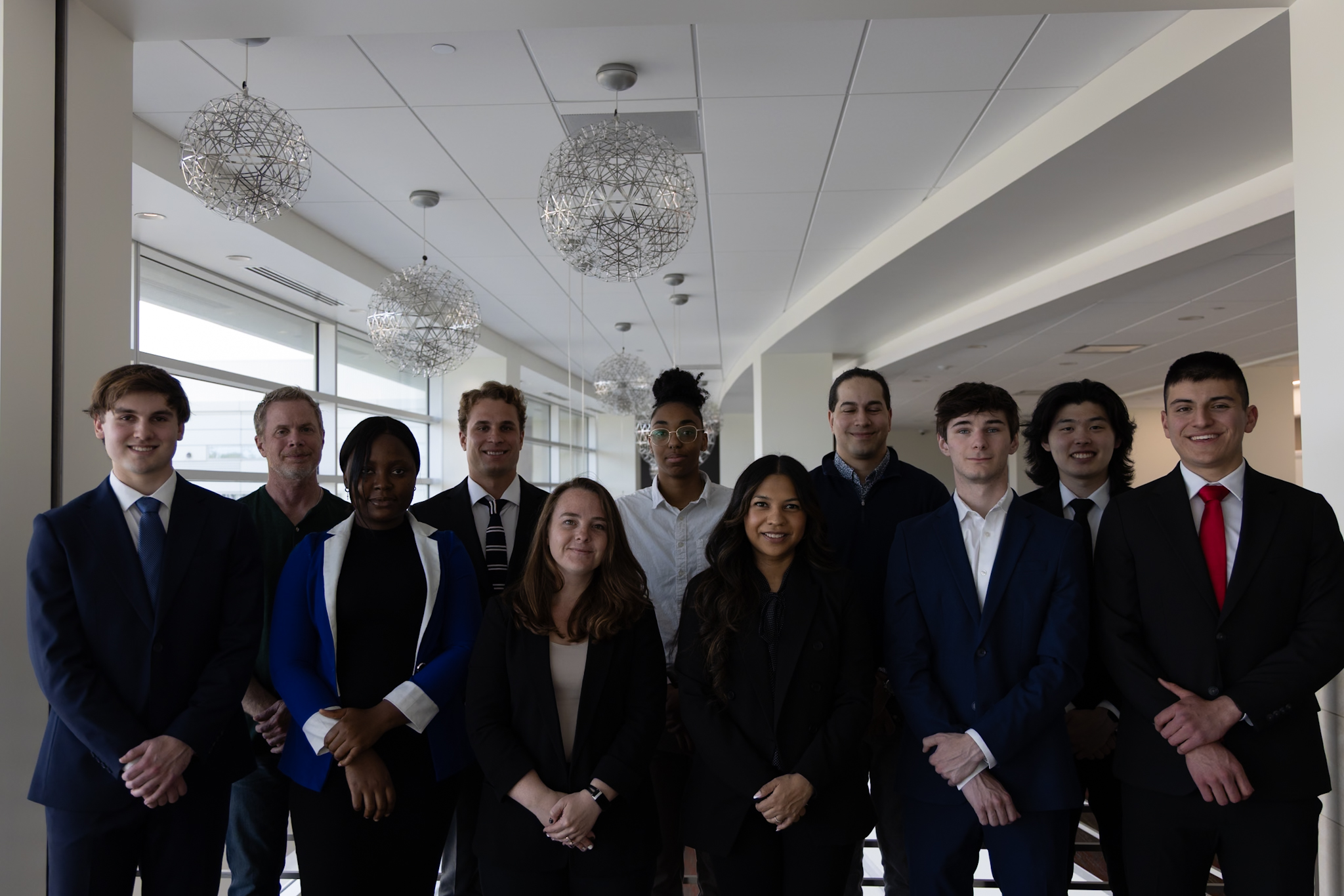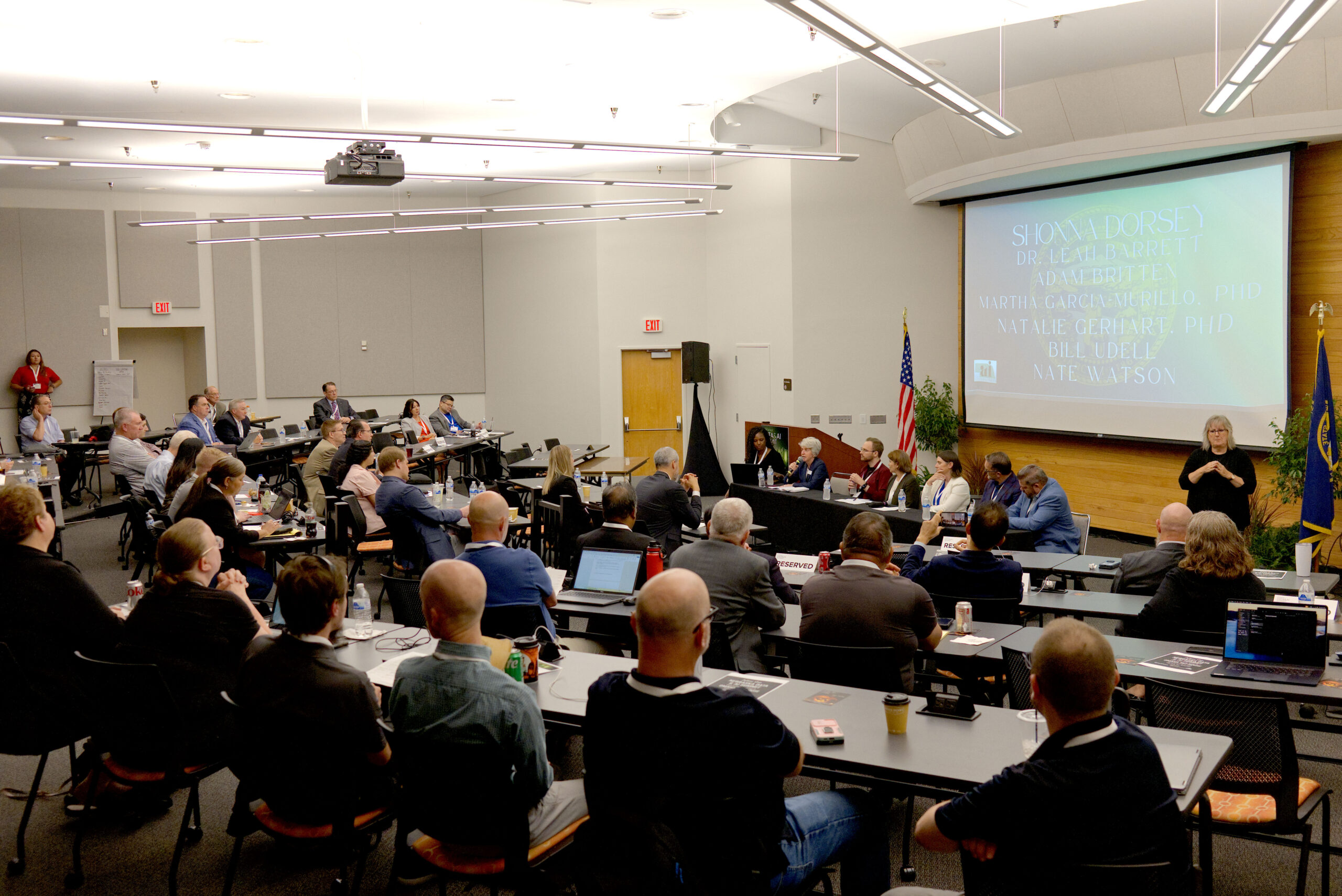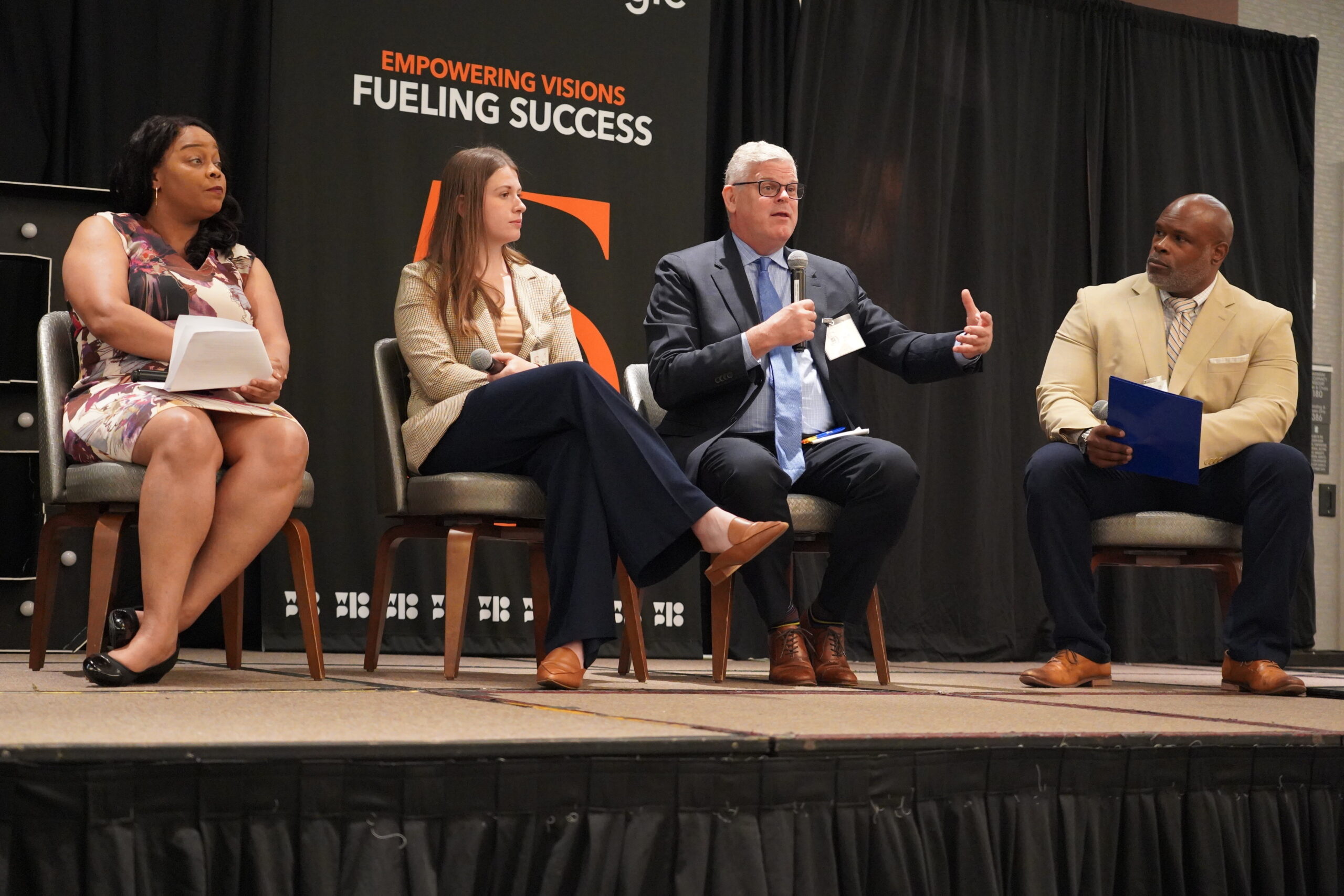According to recent research by the University of Virginia, all but a very select group of cities are struggling to figure out how to create jobs in a time when companies are less dependent on human beings and traditional industries face technology– and trade-driven disruption.
St. Louis is one of the metropolitan areas trying to establish an economy that can thrive in that new reality, and civic leaders, investors, entrepreneurs, financial institutions, and state and local government have banded together over the past several years to come up with a potential solution:
Building one of the country’s fastest growing startup scenes.
In the past several years, government, business, and community leaders in St. Louis have:
- Created several thriving incubators that stretch from the city’s urban core (TRex, Cortex) to the region’s western suburbs (OPO Startups).
- Founded Arch Grants, an organization that has distributed more than $6 million in equity-free funding to 114 startups, which in turn have created or retained more than 1,500 jobs and attracted $120 million in follow-on capital.
- Established a $5 million early-stage seed fund to help startups survive the “Valley of Death.”
- Received significant support from state and local government (including the Missouri Technology Corporation, the St. Louis Partnership, and the EDC Business and Community Partners).
- Formed several thriving and unique venture funds.
- Raised one of the few $100mm Series A funds outside of Silicon Valley.
- Advanced the regional focus on bio- and life-sciences.
- Developed several well-funded startup competitions, including the Ameren Accelerator Demo Day and the St. Charles County Demo Day.
Even Facebook founder and CEO Mark Zuckerberg has taken notice, making the city the first stop on his nationwide tour focused on reaching out to entrepreneurs and small business owners. The St. Louis innovation community has also made the city a serious contender for the world’s first Hyperloop, which would connect the metro area to Kansas City (home to another fast-growing tech community).
Job creation, follow-on capital, and the size of seed-funds aren’t the only ways to measure the success of the region’s startup scene. St. Louis was once the nation’s fourth largest city, and is the birthplace of some of America’s most successful companies. But the city fell on hard times during the latter half of the 20th century–and still faces significant challenges.
Those hard times and the city’s challenges are what make the startup scene even more important–and not because startups will cure every social and economic issue the region faces. Rather, the time, effort, and resources put into the startup scene show an aggressive effort by a community to take control of its destiny and begin building a new economy from the ground up by supporting local innovators.
It’s a lesson other cities and metropolitan areas should learn from.
While being selected for Amazon’s second headquarters is an opportunity nearly every city will always pursue (including St. Louis, which launched an aggressive media campaign that included articles in TechCrunch, The New York Times, and one I wrote in Inc.), a strong economy is sort of like the New England Patriots or any other sports dynasty:
It’s built on home-grown talent, not high-profile free agents.
While the early results are positive, the ultimate return on the city’s investment in startups is still years down the road. But that’s okay, because Silicon Valley was once just a collection of nerdy engineers working at companies housed in garages.
In other words, these things take time.
But in St. Louis, the startup scene is off to a good start.
__
(A similar version of this article originally appeared on Inc.com.)
J.C. McKissen is a two-time LinkedIn “Top Voice on Management and Culture”. He is also a columnist on Inc.com, and a contributor for CNBC and VentureBeat.





